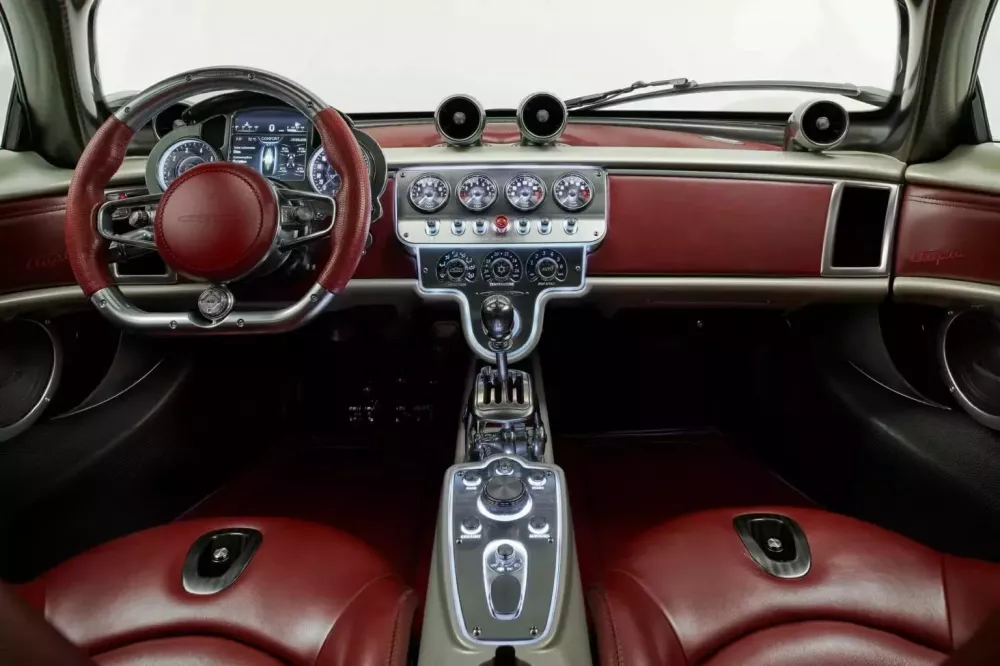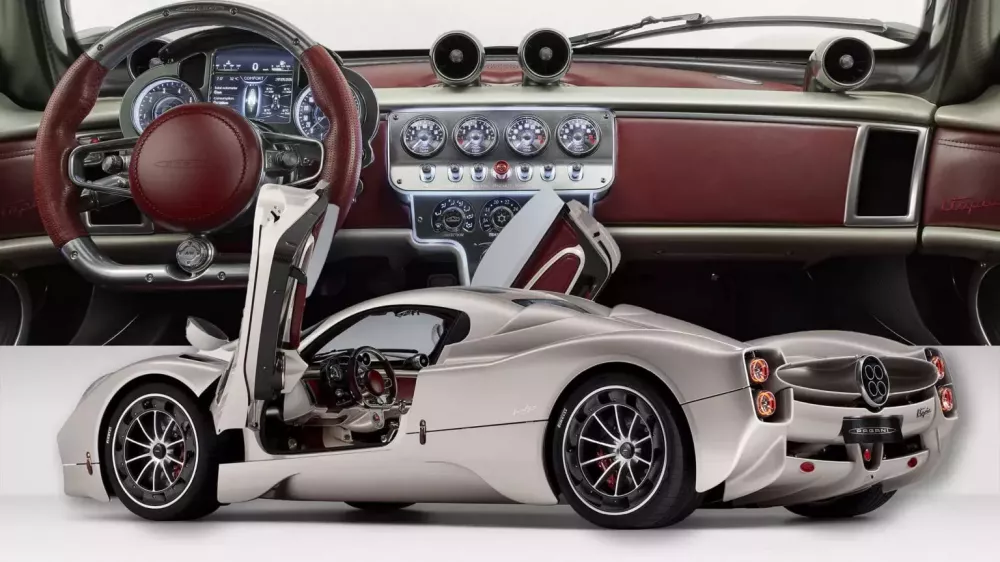The Pagani Utopia, the highly-anticipated successor to the legendary Huayra, has just started hitting the roads in the US. It is a true work of art and one of the most intricately crafted vehicles on the planet. However, this stunning supercar is not without its flaws, as it is now subject to a recall.
The Italian automaker has revealed that an area of the carbon fiber mold used for the dashboard was not finished according to specifications. In the event of airbag deployment, this section could potentially damage the airbag and compromise its performance, increasing the risk of injury.
Although the issue may seem minor, even the smallest imperfection in a million-dollar car can have serious consequences.

Pagani first became aware of the potential issue on November 18 during a confirmation check of the dashboard with a new leather surface. Out of an abundance of caution, they began using a new carbon fiber mold and will be retrofitting all currently produced and customer-delivered vehicles.
In the US, only 8 Pagani Utopias have been delivered so far, all produced between January 30, 2024, and November 19, 2024. Pagani will apply Kevlar tape to all edges of the carbon fiber panel to prevent any contact between it and the airbag.

Affected customers and dealers will be notified of the recall between December 9 and December 23, 2024. Dealers will arrange to take possession of the affected vehicles and perform the necessary repairs. If additional support is required, Pagani will send engineers from its headquarters in Italy to directly oversee the repairs.
The first Utopia delivered in the US earlier this year was a breathtaking example, fully clad in carbon fiber, riding on silver wheels with yellow brake calipers. Priced at $2.19 million in the US, only 99 units are slated for production.
The Evolution of Porsche’s Center-Lock Wheels: A Legacy Coming to an End?
It has come to light that certain high-performance Porsche vehicles are susceptible to a potential safety hazard. The issue pertains to the wheel-locking bolts, which, over time, may fracture and ultimately lead to wheel detachment and subsequent accidents. This discovery underscores the importance of routine maintenance and proactive safety measures for all vehicle owners, especially those with high-performance cars.













































